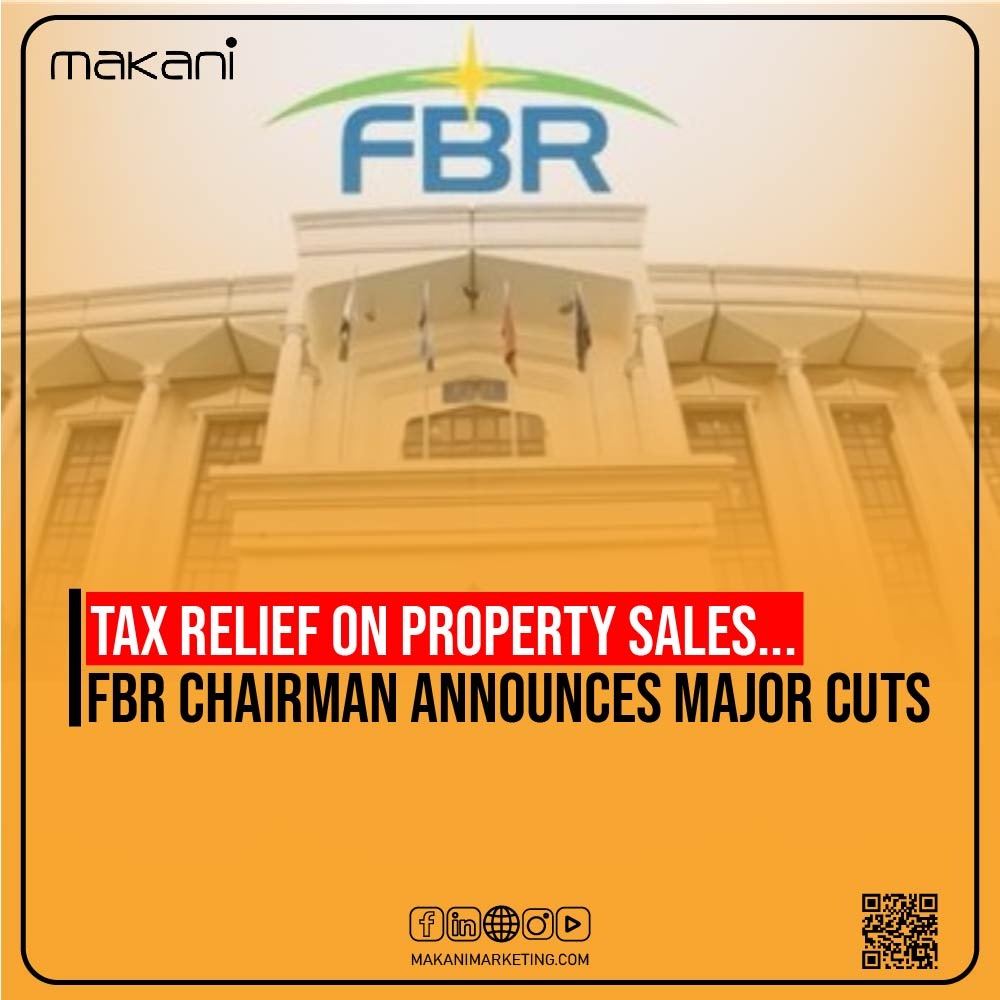In the fiscal year 2021-22 (FY22), Pakistan’s real estate sector witnessed a decline in Foreign Direct Investment (FDI). According to a document from the State Bank of Pakistan (SBP), net FDI in the sector fell by $6 million during this period. The outflows amounted to $9.3 million, while the inflows were only $3.3 million.
Construction Sector Performance
The construction sector also experienced a downturn in FDI. In FY22, the net FDI in the construction sector was $79.4 million, significantly lower than the $155.4 million recorded in FY21. The inflows for the construction sector stood at $87.7 million, with outflows of $8.3 million.
Government Initiatives and Challenges
Despite several government initiatives aimed at providing affordable housing to the middle and lower-middle-class, such as the Naya Pakistan Housing Scheme and Mera Pakistan Mera Ghar, the FDI in real estate has not seen a positive impact. Pakistan has a housing backlog of approximately 10.3 million units, highlighting the urgent need for more investment in the sector.
Factors Contributing to the Decline
Several factors have contributed to the decline in FDI in the real estate sector:
- Hyperinflation and Rising Costs: The country has faced significant hyperinflation and an increase in the cost of construction materials over the past two years. These economic challenges have made it difficult for the real estate sector to attract foreign investment.
- Increased Taxes: The government has raised tax rates on real estate transactions, which has further discouraged foreign investors from entering the market.
- High Policy Discount Rate: The policy discount rate has been increased to 15 percent, making it less attractive for investors to finance real estate projects.
Impact on the Real Estate Market
The reduction in FDI has had a noticeable impact on Pakistan’s real estate market. With fewer foreign investors willing to invest, the sector faces a shortage of capital needed for development projects. This situation hampers the growth of new housing projects and delays the completion of ongoing ones.
Future Outlook
To attract more FDI into the real estate sector, the government may need to consider implementing more investor-friendly policies. Reducing taxes, controlling inflation, and stabilizing the economy could help restore investor confidence. Additionally, promoting transparency and ease of doing business in the real estate sector can make it more appealing to foreign investors.
Conclusion
The decline in foreign direct investment in Pakistan’s real estate sector during FY22 is a cause for concern. Addressing the underlying economic challenges and creating a more favorable investment environment are crucial steps to reversing this trend. By taking proactive measures, the government can help revive foreign interest in the real estate market and support the development of affordable housing for the country’s growing population.













